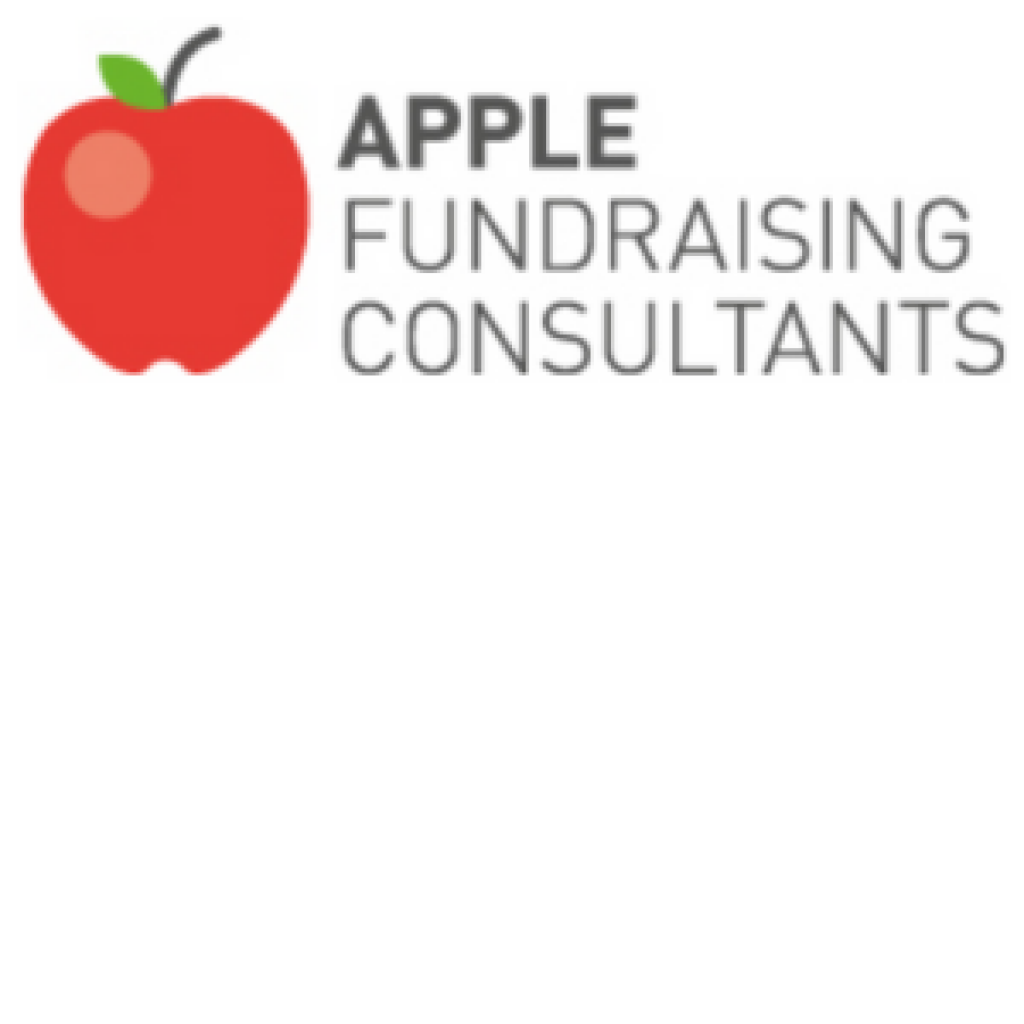Tips for a Strong Case for Support

What is it?
A Case for Support is often the most difficult hurdle to starting a fundraising campaign. What do you say? How long should it be? What is the pitch? It is very often the first impression potential donors have of your client’s vision and campaign, and is therefore a document that clients will often rely on their fundraising consultant’s expertise to get right.
Clients will typically want to tell their whole story, but it is important to understand that this is a short and sharp document. It needs to concisely coalesce the facts that make the project or organisation worthwhile, and should be presented in a way that ensures potential donors, sponsors and funders can swiftly understand the benefits of the project or organisation and how they can provide support. In other words, it is the written version of your elevator pitch: it will set out what is urgent and compelling about the project and why it needs financial support. The Case for Support should not be longer than three A4 pages. It tells the story behind your client, their project and ambitions, and makes the case for fundraising. It is crucial that it is written well and thoroughly peer reviewed within the organisation before bringing it to an external audience.
How can it go wrong?
As a campaign unfolds, the Case for Support can be amended and developed in order to better reflect recent developments, and to incorporate the feedback received from potential donors throughout a campaign. However, it is often easy to fall into the trap of creating multiple documents! Whilst you of course want to tailor this important document to appeal to key donor constituencies, it is important to stay on message and not veer away from the strategic goals, aims and messages of your campaign.
What works?
Begin your Case for Support with a strong opening – you want to capture the potential donor’s attention, so it is critical that the document sets the scene. It is equally important to say how much the campaign is trying achieve, and to lay out these key goals and objectives in a clear way
A common mistake clients often make is forgetting to include a breakdown of how donations would be allocated and what they would be used for. Would you make a large donation without knowing where it went? Try to be as specific as possible.
Finally, do not forget to mention how donors can be recognised for their support. Many UK charities often assume that their donors, unlike their American counterparts, do not like to be recognised, but this is often not the case. Exploring creative options for recognising donors and setting these out in the Case for Support can not only help with your current campaign, but may result in more donor interest and increased support over time. We know from years of experience that a little flattery can often go a long way!
Written by Apple Fundraising Consultants














Recent Comments